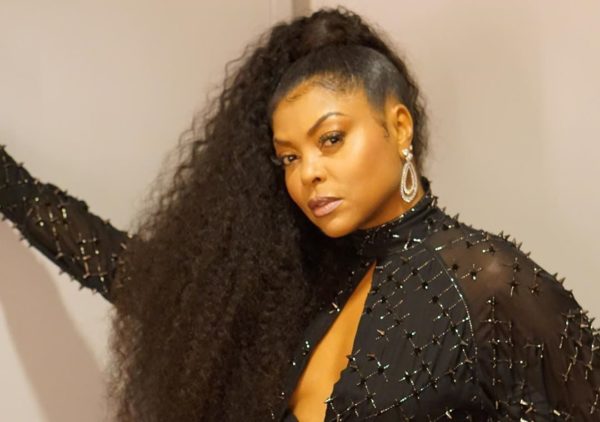Taraji P. Henson is expanding her mission to help people address their mental health by taking steps to help students identify trauma and fight off racism in the classroom.
Through a partnership with her non-profit The Boris Lawrence Henson Foundation and a PR firm called Edelman, Henson said she will be launching The Unspoken Curriculum. The six-week program will teach Black students about trauma and provide them with the tools to work through it, as well as identify racial bias in classrooms. After a pandemic put the world on pause and the Black community continued to face racial injustice and police brutality, Henson knew she wanted to do something to help.

“We’re in a state of emergency right now,” she told People. “But it takes us to change it … we can’t hide the ugly, you’ve got to deal with the good and the bad if we want to see change.” The program has already begun on May 17 during Mental Health Awareness Month and will continue until June 21. Students will have the opportunity to speak with doctors and mental health experts as well as be given a safe space to discuss their own experiences with trauma and mental health in school.
Henson also revealed that before becoming an actress and doing her breakout role in “Baby Boy” she was a substitute teacher. “I taught a special education class, but all of the students were Black boys who had all of their mental and physical capabilities.” She continued, “These children came from traumatic home situations, and the school labeled them ‘special ed.”
Recalling a particular incident she had with her students, the 50-year-old said, “These students were only in the fourth grade and they would grab my hand and say, ‘Ms. Henson! Ms. Henson! There was a shootout nearby last night, look at the bullet holes in the wall,’ and laugh.” She added, “That’s trauma — that’s not something to celebrate or normalize.”
Henson also believes that educators need to be taught how to identify when students need help. She said a few of the students she taught would get in trouble with police for stealing food when they didn’t have any at home. But according to Henson, “We need more professionals in education to recognize children dealing with trauma and help them, not criminalize them.”
By educating herself about the effects of trauma, Henson can identify how the trauma she dealt with in Maryland still affects her today. “Working in Hollywood, I’m less confident to speak out because I’ll think, ‘I don’t want to be made out to be the Black woman with an attitude.’ But why shouldn’t I be able to speak my mind? These are things that, at 50, I’m still dealing with.”
Students from ages 12 to 22 are eligible to participate in the program.


